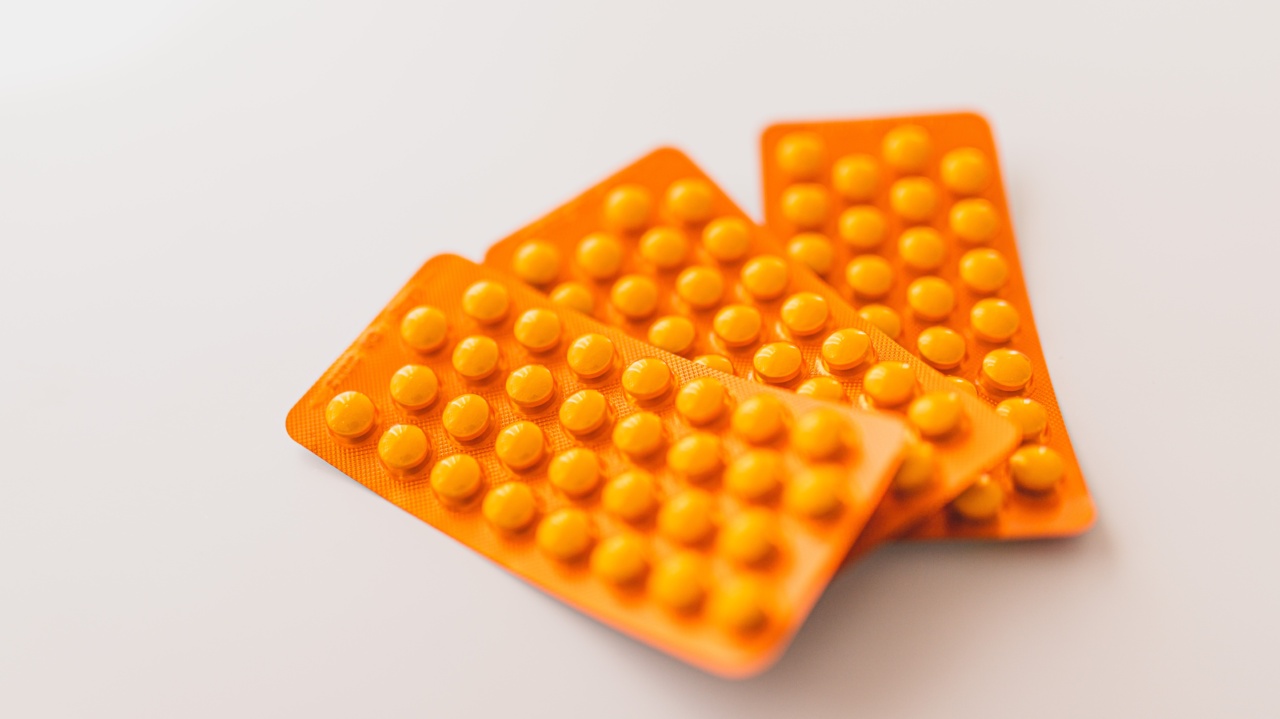Migraine headaches can be debilitating, often causing severe pain, nausea, and sensitivity to light and sound.
While the exact cause of migraines is still not fully understood, identifying triggers and implementing prevention strategies can significantly reduce the frequency and intensity of these debilitating episodes.
What Are Migraine Triggers?
Migraine triggers are external or internal factors that can activate a migraine attack in susceptible individuals. These triggers can vary from person to person, so it is essential to identify personal triggers to effectively manage migraines.
Here are some common migraine triggers:.
1. Hormonal Changes
Hormonal fluctuations, such as those experienced during menstruation, pregnancy, or menopause, can trigger migraines in some individuals. Women are three times more likely than men to experience migraines due to hormonal changes.
2. Food and Beverages
Certain foods and drinks can trigger migraines. Common culprits include:.
- Alcohol, especially red wine
- Caffeine or caffeine withdrawal
- Chocolate
- Cheese and processed dairy products
- Artificial sweeteners
- Monosodium glutamate (MSG) found in many processed foods
- Certain fruits like bananas, citrus fruits, and avocados
3. Environmental Factors
Sensitivity to environmental factors can play a significant role in triggering migraines. Common environmental triggers include:.
- Bright or flickering lights
- Strong smells or perfumes
- Loud noises
- Extreme weather conditions
- High altitude
4. Stress and Emotional Triggers
Stress, anxiety, and emotional triggers like excitement or anger can precipitate migraines. It is important to find healthy ways to manage stress and take care of emotional well-being to prevent migraines.
5. Sleep Disturbances
Changes in sleep patterns, including insufficient sleep or disrupted sleep, can trigger migraines. Maintaining a regular sleep routine and ensuring adequate sleep can help prevent migraines.
6. Physical Exertion
Intense physical exertion or sudden, strenuous exercises, particularly if one is not accustomed to them, can trigger migraines in some individuals.
Gradually building up the intensity and duration of workouts can help prevent migraines associated with physical exertion.
Prevention Strategies for Migraines
Once potential triggers have been identified, implementing prevention strategies can help minimize the occurrence of migraines. Here are some effective prevention strategies:.
1. Maintain a Migraine Diary
Keeping a detailed migraine diary can help identify patterns and potential triggers. Record any food, activities, stress levels, sleep patterns, or other factors that might be associated with migraines.
This can assist in pinpointing the specific triggers and aid in developing an effective prevention plan.
2. Avoid Known Triggers
If certain triggers have been identified, try to avoid or reduce exposure to them. For example, if caffeine is a trigger, limit or avoid consuming caffeinated beverages.
3. Practice Stress Management Techniques
Managing stress is crucial for preventing migraines. Engage in stress-relieving activities such as regular exercise, relaxation techniques, meditation, or yoga. Find what works best for you and incorporate it into your daily routine.
4. Get Regular Sleep
Establish a consistent sleep routine, ensuring you get an adequate amount of quality sleep. Avoid excessive caffeine intake, limit exposure to electronic devices before bedtime, and create a calm and comfortable sleep environment.
5. Exercise Moderately
Regular physical activity can reduce the frequency and intensity of migraines. However, intense or sudden physical exertion can trigger migraines in susceptible individuals.
Engage in moderate exercise regularly, such as walking, swimming, or cycling, rather than sporadic high-intensity workouts.
6. Consider Preventive Medications
In cases of chronic migraines where lifestyle modifications alone are insufficient, preventive medications may be prescribed by a healthcare professional. These medications aim to reduce the frequency and severity of migraines.
7. Stay Hydrated
Dehydration can trigger migraines in some individuals. It is essential to stay hydrated by drinking plenty of water throughout the day. Avoid excessive consumption of sugary or caffeinated beverages.
8. Maintain a Healthy Diet
Eat a balanced diet consisting of fresh fruits, vegetables, whole grains, and lean proteins. Avoid foods known to trigger migraines, such as processed meats, aged cheeses, and foods containing artificial additives.
9. Practice Relaxation Techniques
Relaxation techniques such as deep breathing exercises, progressive muscle relaxation, or guided imagery can help reduce stress levels and lower the incidence of migraines.
10. Consider Acupuncture or Biofeedback
Alternative therapies like acupuncture or biofeedback have shown promise in reducing the frequency and severity of migraines. Consult with a qualified practitioner to explore these options.






























